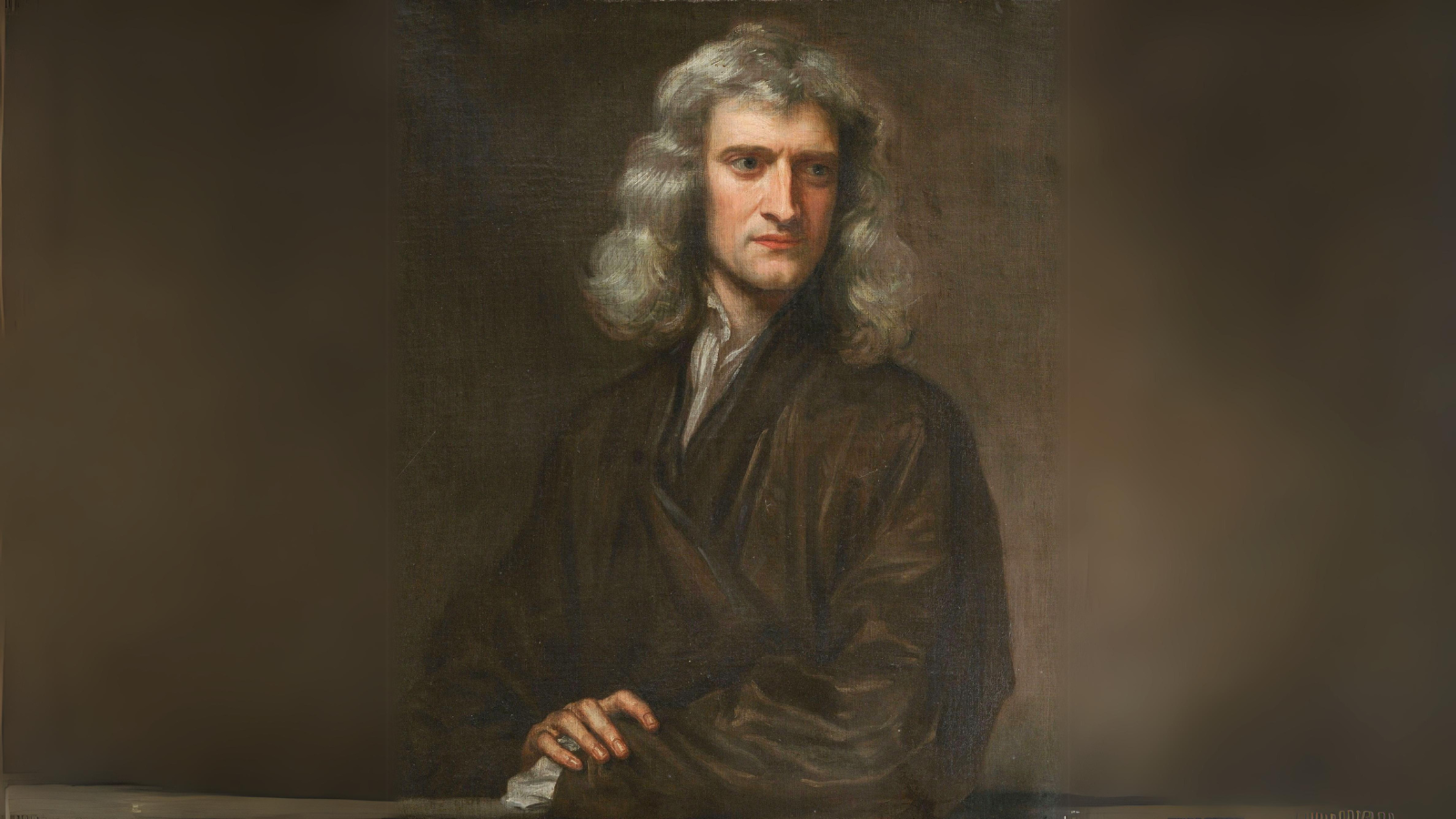Stephen Meyer on Isaac Newton and the Scientific Revolution
On this ID The Future, we’re pleased to bring you a longer-form conversation between philosopher of science Dr. Stephen Meyer and Rice University chemist and professor Dr. James Tour about Sir Isaac Newton and his influence on modern science.
Meyer kicks off the conversation by explaining how the scientific revolution was a consequence of Judeo-Christian thinking. Though the material conditions for doing science existed in many cultures, the systematic approach to studying nature that ignited the scientific revolution can be linked to theological ideas unique to Western Judeo-Christian tradition.
Meyer then illuminates Newton’s background — from his birth to his college education — before describing his singular contributions to modern science. Meyer and Tour also discuss some of the controversies over Newton’s ideas, including clarity on Newton’s theory of gravitation and his debate with German mathematician and philosopher Gottfried Leibniz. The conversation rounds out with some discussion of Newton’s theology. Was he a theist or a deist? Was he orthodox? Heterodox? Or a heretic, as some claim? By all accounts, Newton was a deep, original thinker, and attempts to reduce his work and ideas to simple labels typically fall short.
This interview originally aired on The Science and Faith Podcast, hosted by Dr. Tour. We are grateful to Dr. Tour for permission to share it.
Dig Deeper
- Watch Dr. Meyer correct mistaken assumptions about Sir Isaac Newton:
- Enjoy Dr. Meyer’s latest talk, on the life and work of Sir Isaac Newton and the Judeo-Christian ideas that fueled the scientific revolution:
